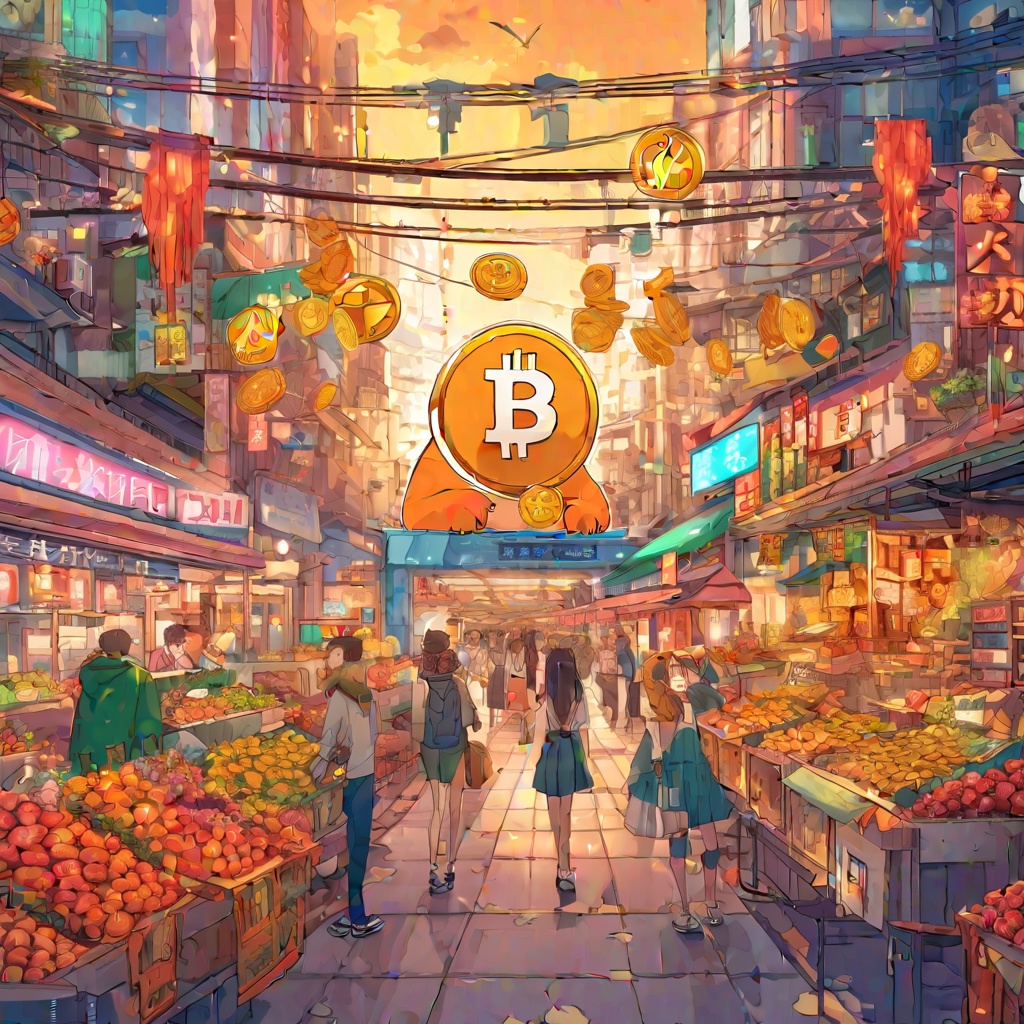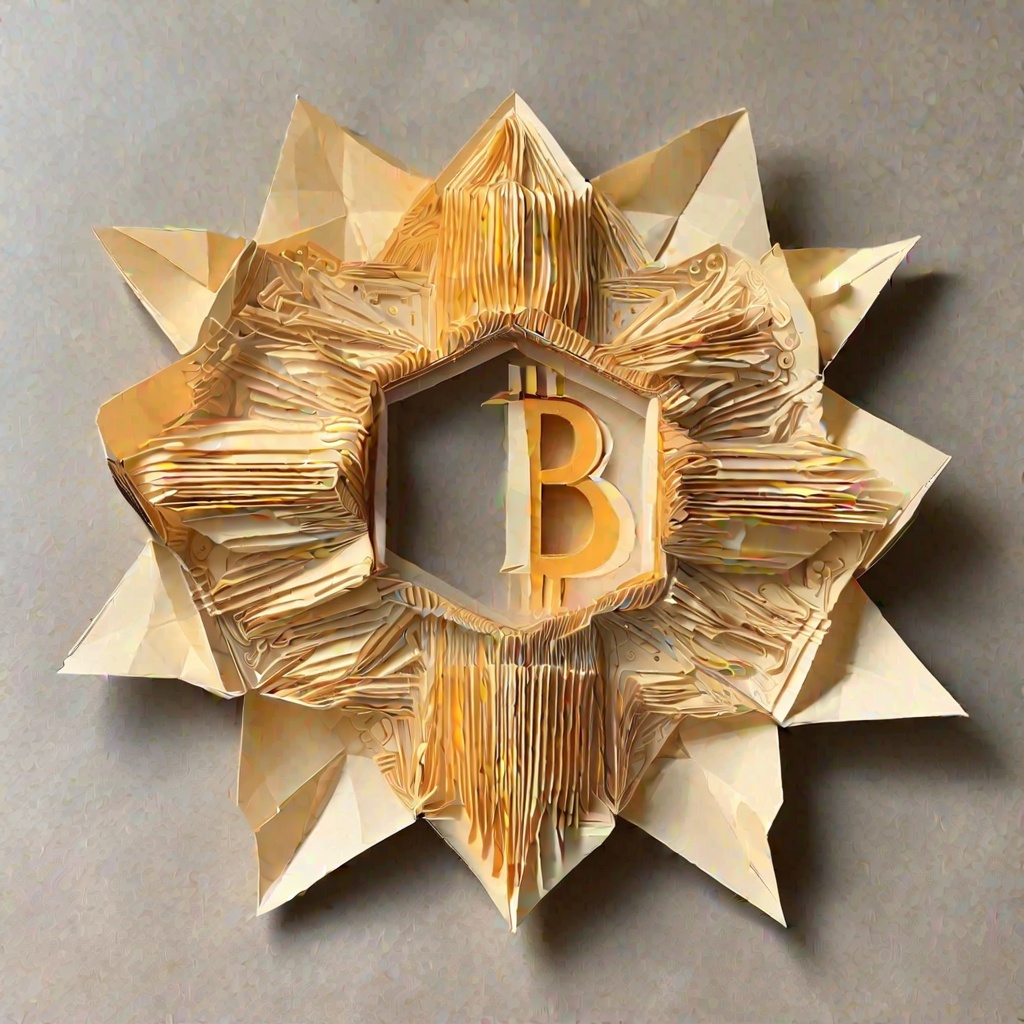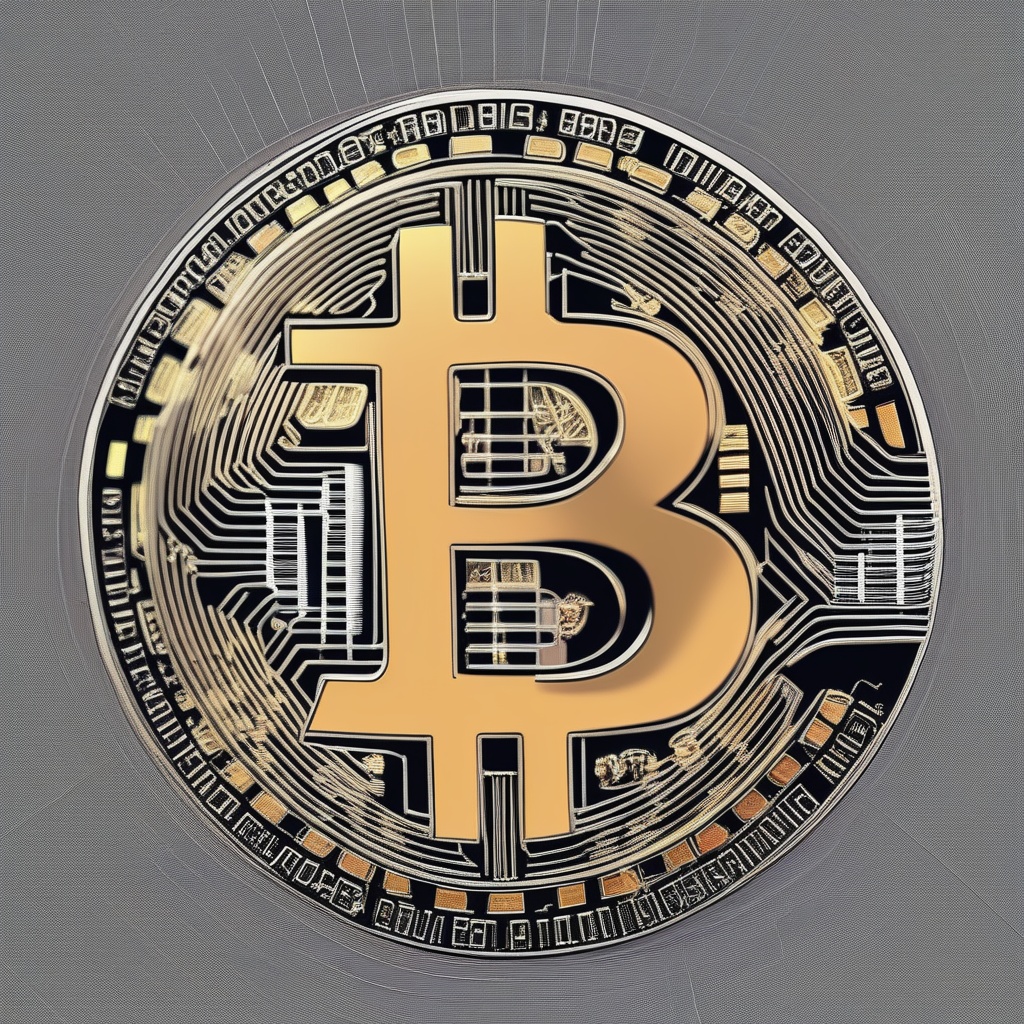Are P2P exchanges safe?
When it comes to the safety of P2P exchanges, there are certainly some valid concerns. After all, these platforms facilitate direct transactions between buyers and sellers, often without the same level of regulation and oversight as traditional exchanges. But is that necessarily a bad thing? For one, P2P exchanges can offer a higher degree of anonymity, which can be appealing to those who value their privacy. However, this also means that users need to be extra cautious when choosing their trading partners and conducting transactions. Another potential concern is the risk of fraud and scams. Without the same level of security measures in place as on traditional exchanges, it's possible for unscrupulous individuals to take advantage of unsuspecting traders. But despite these potential risks, there are also many reputable P2P exchanges that have implemented robust security measures to protect their users. These platforms often require users to undergo rigorous identity verification processes and offer features like escrow services to ensure that both parties in a transaction are held accountable. So, the answer to the question 'Are P2P exchanges safe?' is not a simple yes or no. It depends on the platform you choose and the precautions you take. By doing your research and choosing a reputable exchange, you can minimize the risks and enjoy the benefits of trading on a P2P platform.

How secure is Remitano?
I'm curious to know more about the security measures that Remitano has in place to protect its users' funds and personal information. Can you elaborate on the encryption technologies, security protocols, and other safeguards that Remitano employs to ensure a SAFE and secure trading environment? Additionally, what steps does the platform take to prevent fraud and scams, and how does it handle disputes between buyers and sellers?

Can the blockchain be hacked?
Good day, fellow finance enthusiasts! I'm sure many of us have heard about the blockchain technology and its seemingly unbreakable security. But let's get real for a moment - can the blockchain really be hacked? Is there any weak spot in this decentralized, encrypted ledger that could potentially be exploited by malicious actors? And if so, what measures are in place to protect against such attacks? Let's delve deeper into this intriguing question and explore the possibilities.

Are XML files safe?
I'm curious, can you tell me more about the safety of XML files? I've heard some concerns about their security and I'm wondering if there are any inherent risks associated with using them? What measures can be taken to ensure the safety of XML files, and are there any best practices or guidelines that should be followed? It would be great if you could provide some insights into this topic.

How do I know if I got malware from a website?
I'm curious about online security, specifically related to cryptocurrency and finance. Could you help me understand how I can determine if I've inadvertently downloaded malware from a website? I've heard stories of cybercriminals targeting users of cryptocurrency platforms, and I want to make sure I'm taking the necessary precautions. What specific steps or indicators should I look out for to identify if my device has been compromised? Additionally, are there any best practices or tools you recommend for safeguarding against such threats?

